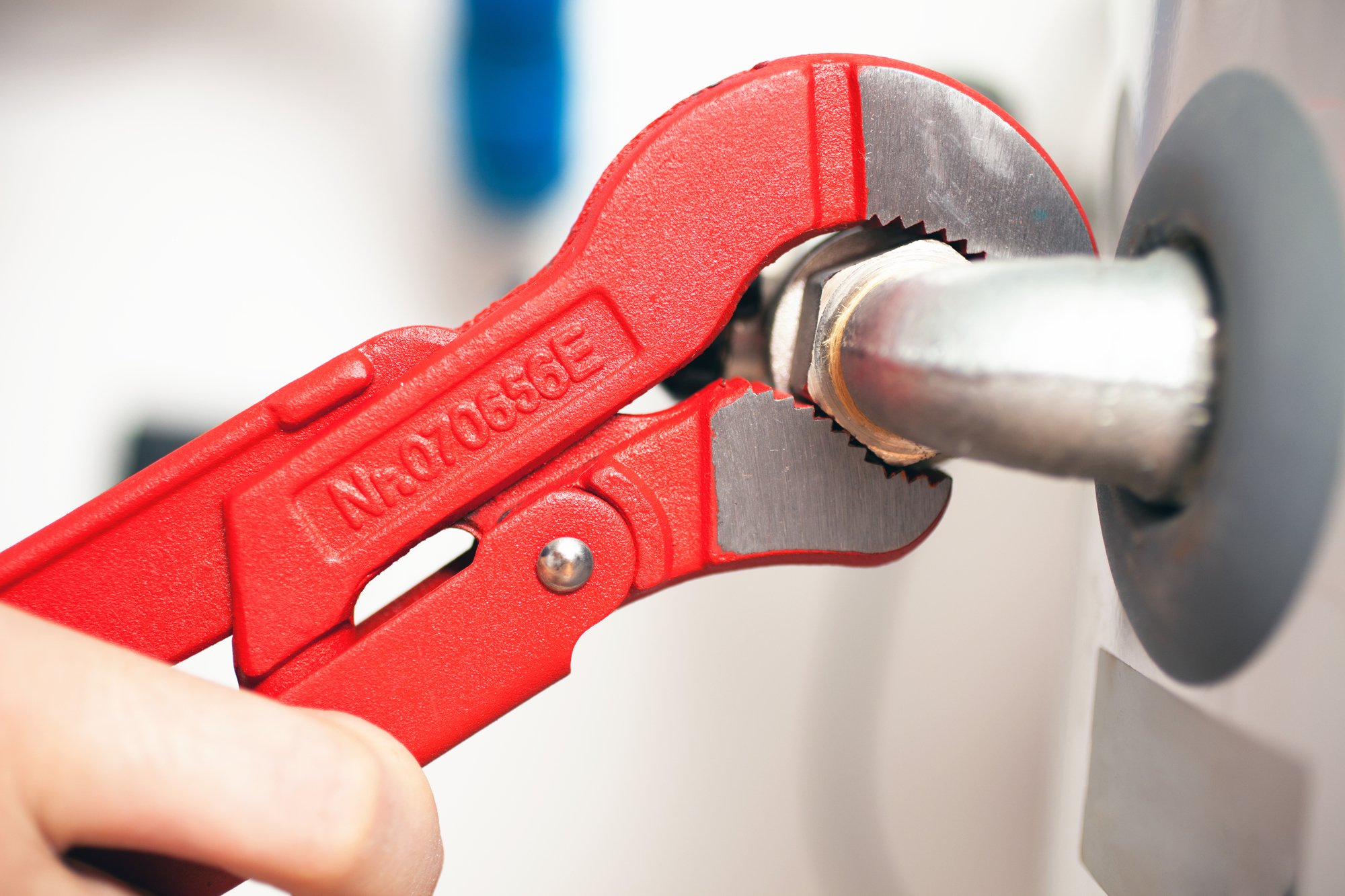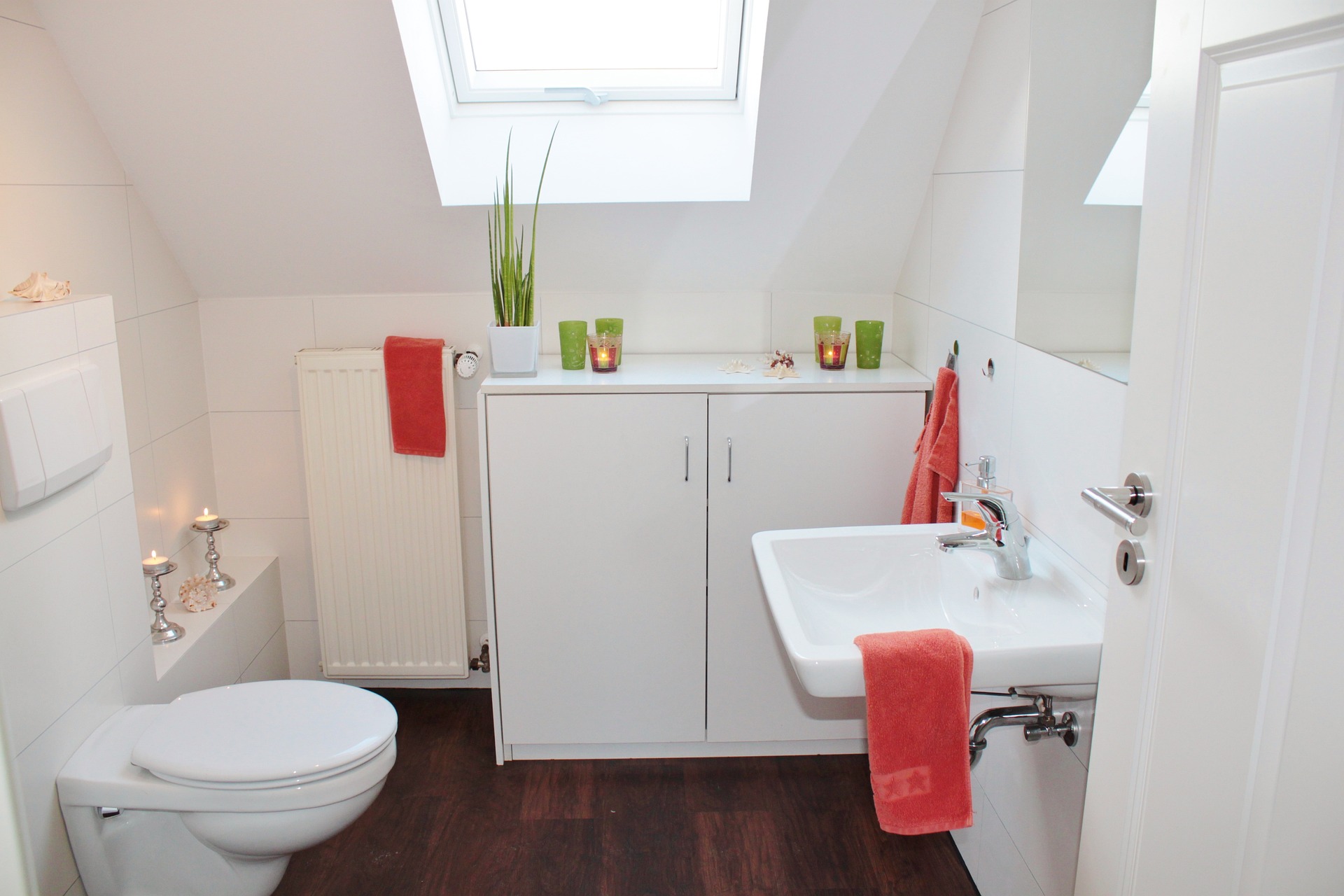As winter approaches, having a reliable and efficient water heater in your home becomes more important than ever. A good hot water system not only keeps you comfortable during the cold months, but it also helps save energy and reduce your monthly bills. With the right upgrades, your water heater can run more efficiently, saving you money in the long run.
If you’re in the Denver area, upgrading your water heater with these energy-saving tips is critical. Here are some ways you can maximize your hot water usage and minimize your energy consumption.
1. Install a Tankless Water Heater
A tankless water heater is an excellent solution for saving energy while also maintaining the same levels of hot water. Also known as on-demand water heaters, these devices do not store hot water in a tank but heat it up directly as it flows through the unit. By not having a storage tank, a tankless water heater eliminates the standby heat loss caused by a traditional system. According to the US Department of Energy, tankless water heaters are up to 34% more energy-efficient than traditional models.

In addition, tankless water heaters typically have a longer lifespan than traditional water heaters, resulting in long-term savings.
2. Insulate Your Water Heater and Pipes
Water heater insulation is an effective energy-saving solution for homeowners. This is especially true for electric water heaters installed in unheated areas such as garages or basements. Insulating the water heater and the pipes coming out of it reduces heat loss, allowing it to maintain a higher level of efficiency. You can buy water heater insulation at any home improvement store, and it’s very easy to install.
The pipes leading to and from the water heater should also be insulated. Insulating them helps reduce heat loss and ensure that hot water flows efficiently through them, preventing the water from cooling down as it moves through unheated areas.
3. Use a Timer

Using a timer is a simple and effective way to reduce energy consumption by your water heater. With a timer, you can set a schedule for the hot water to turn on and off, so you’re not heating water when it’s not needed. A timer can also be used to heat water during off-peak hours when electricity costs tend to be lower.
4. Install Low-Flow Fixtures
Low-flow fixtures such as showerheads and faucets are a great way to save water, but they also help reduce the workload on your water heater. The less water you use, the less warm water you’ll need, meaning your water heater will use less energy overall. These fixtures are easy to install and can save you a significant amount on your water bill.
5. Maintain Your Water Heater
Proper maintenance is essential in ensuring your water heater operates at its maximum efficiency. Regularly flushing the tank, checking for leaks, and replacing old components ensures the system is running smoothly and prevents energy waste caused by damage or inefficiency.
6. Upgrade to a High-Efficiency Water Heater
Investing in a high-efficiency water heater is another way to save energy and keep your utility bills low. High-efficiency models use less energy to heat the same amount of water, making them a smart investment in the long run. In addition, some models have advanced features like improved heat exchangers, which can increase efficiency and further reduce energy consumption.
Conclusion
Upgrading your water heater in Denver is an excellent way to save energy and improve your comfort during the winter months. Whether you opt for a tankless system, insulate your current water heater and pipes, use a timer, install low-flow fixtures, maintain your system, or upgrade to a high-efficiency model, these energy-saving tips are sure to help you save money on your utility bills. Contact Ace Plumbing Repair at (844) 711-1590 for more information on water heater installation and maintenance services.






